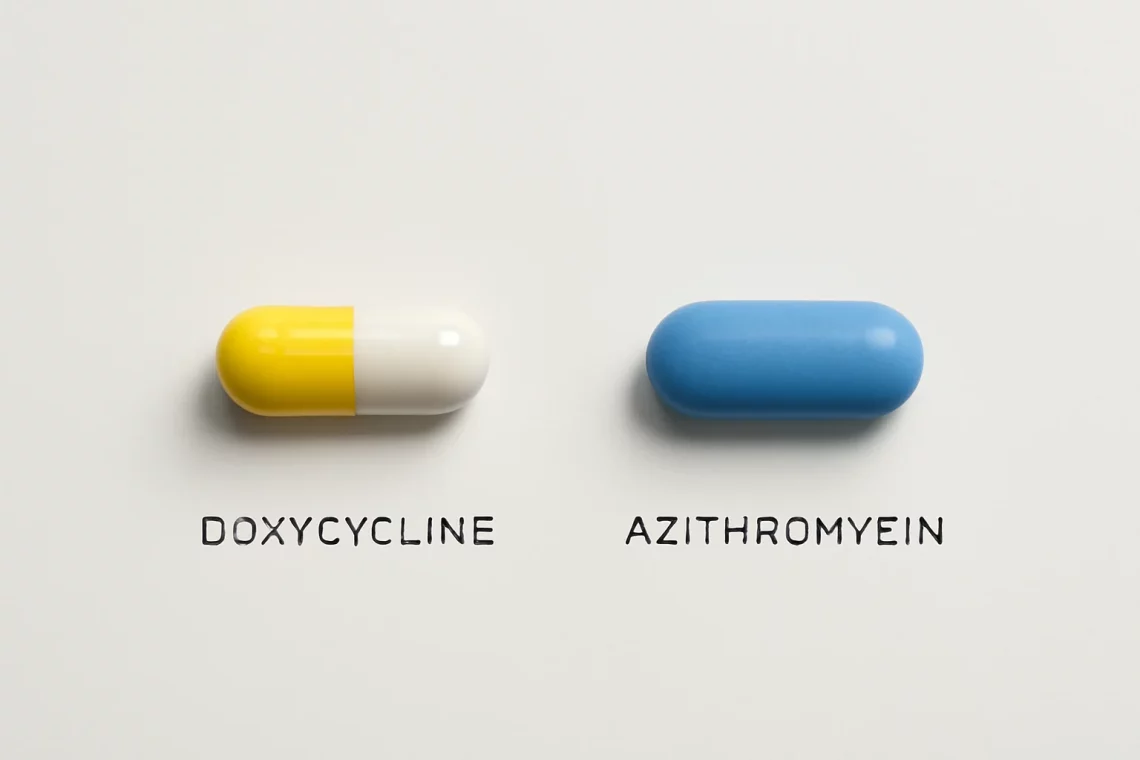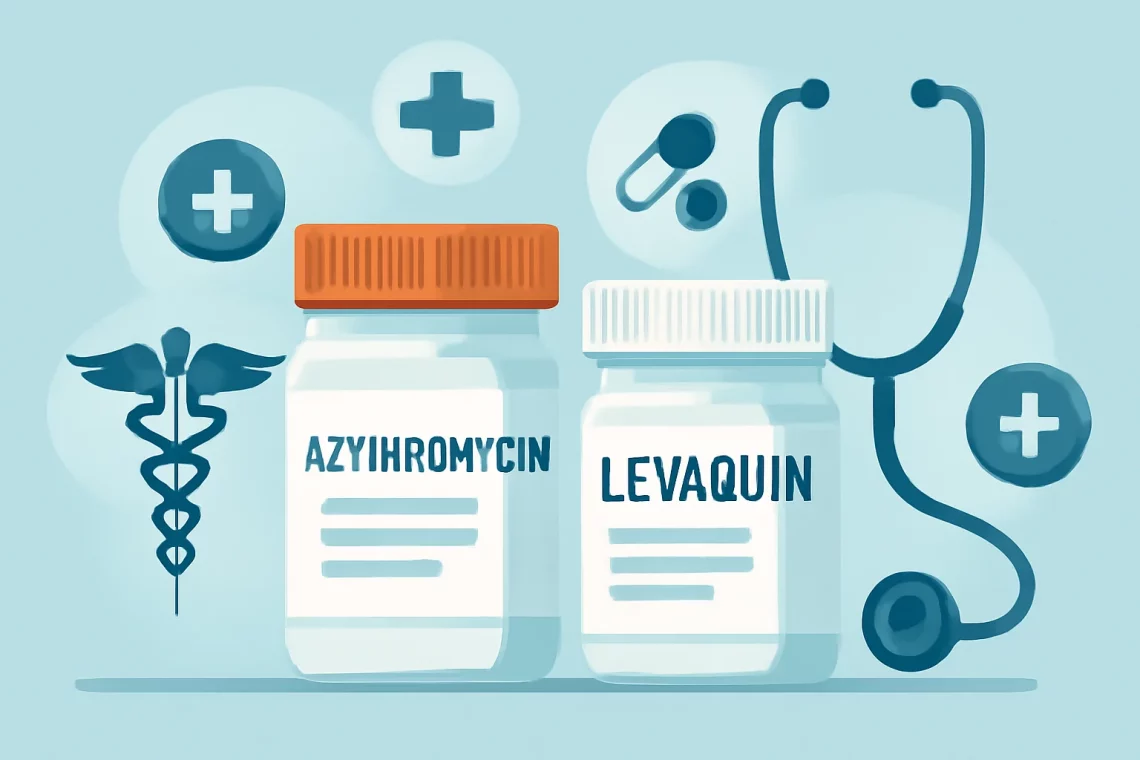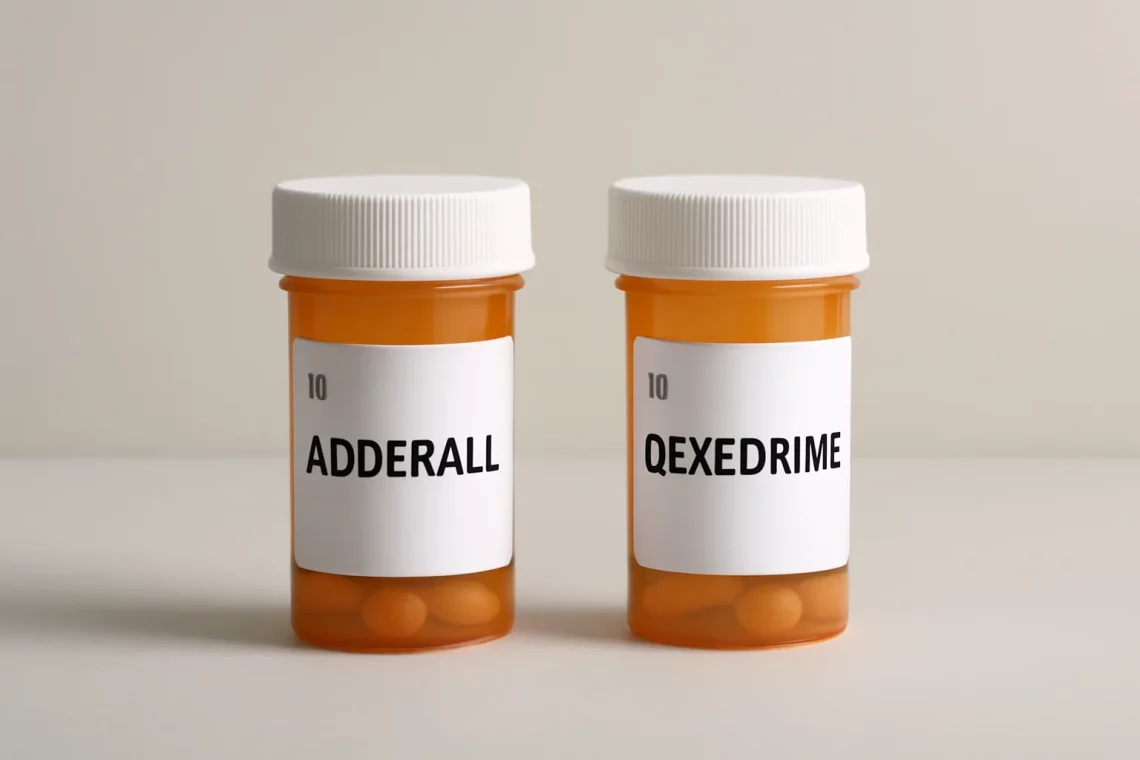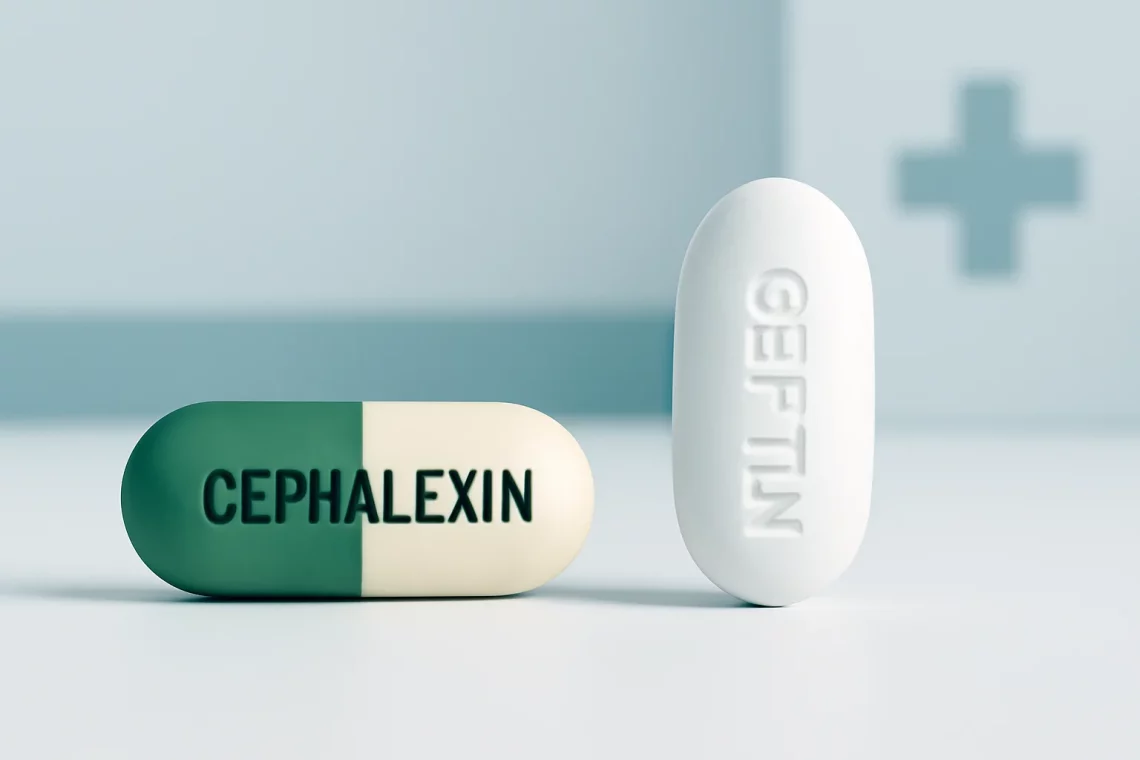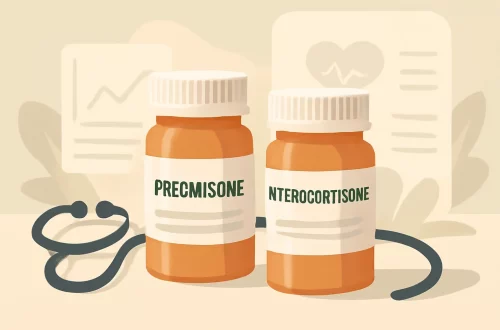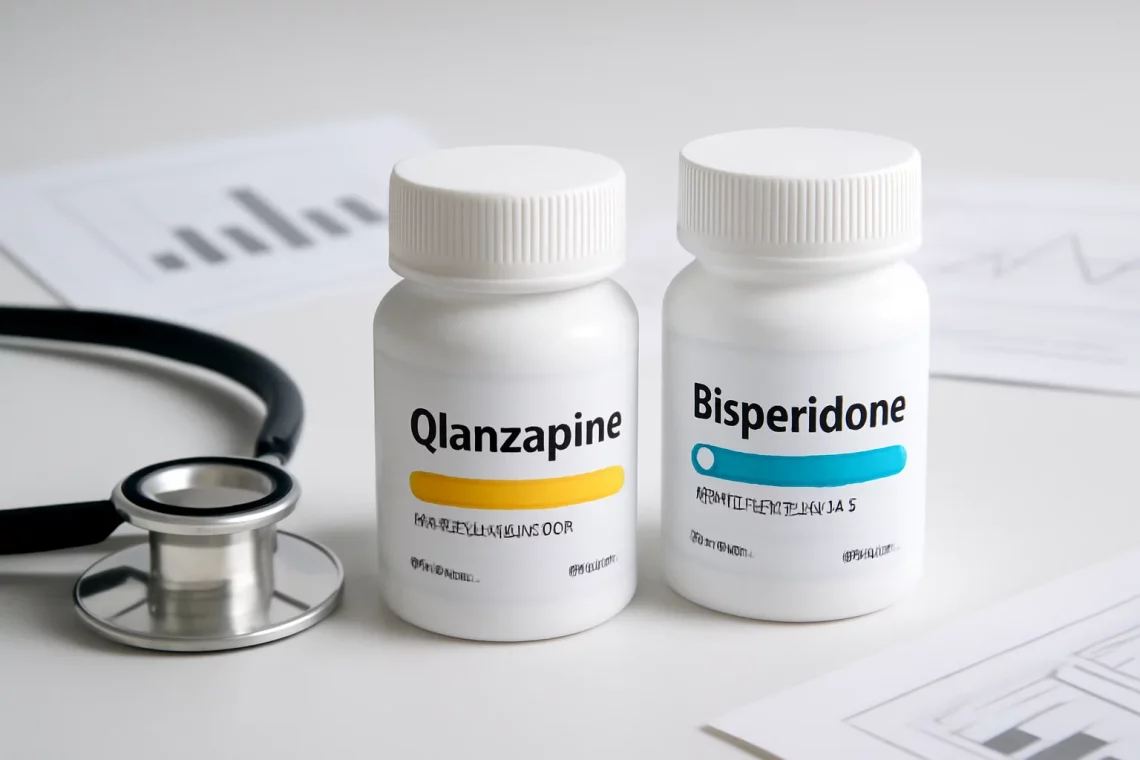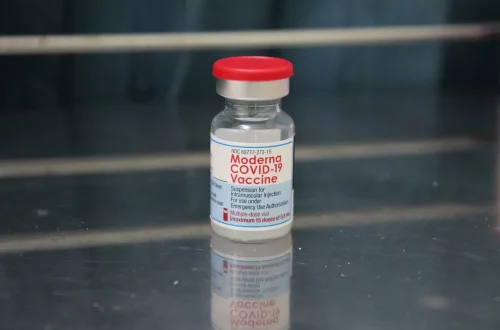-
Doxycycline vs Azithromycin: Which Antibiotic Is Right for You?
Doxycycline and Azithromycin are two widely used antibiotics that play significant roles in the treatment of various bacterial infections. Both medications belong to different classes and have unique mechanisms of action, which influence their effectiveness against specific types of bacteria. Understanding the differences and similarities between these two antibiotics can be crucial for healthcare professionals when prescribing treatment options and for patients seeking to understand their medications better. Doxycycline, a tetracycline antibiotic, is known for its broad-spectrum activity against various gram-positive and gram-negative bacteria. It is commonly used to treat infections such as pneumonia, acne, and certain sexually transmitted infections. Azithromycin, on the other hand, is a macrolide antibiotic that…
-
Azithromycin vs Levaquin: Key Differences and Uses Explained
Azithromycin and Levaquin are two widely used antibiotics that play a significant role in treating bacterial infections. The medical community often relies on these medications for their effectiveness against various pathogens. However, their mechanisms of action, spectrum of activity, side effects, and indications differ substantially. Understanding these differences is crucial for both healthcare professionals and patients, as the choice of antibiotic can greatly influence treatment outcomes. Both Azithromycin and Levaquin have unique characteristics that make them suitable for specific conditions. Azithromycin, a macrolide antibiotic, is known for its broad spectrum of activity, particularly against respiratory tract infections and certain sexually transmitted infections. On the other hand, Levaquin, a fluoroquinolone, is…
-
Methylprednisolone vs Prednisolone: Key Differences and Uses
Methylprednisolone and prednisolone are two corticosteroid medications commonly used in the treatment of various inflammatory and autoimmune conditions. These drugs mimic the effects of hormones that are naturally produced in the adrenal glands, helping to reduce inflammation and suppress the immune response. While they share many similarities, understanding the differences between these two medications is crucial for both patients and healthcare providers. The choice of medication can significantly impact treatment outcomes, as each has unique properties that may suit different conditions or patient profiles. Factors such as the potency, duration of action, and side effects play vital roles in determining which medication is more appropriate in a given situation. As…
-
Adderall vs Dexedrine: Key Differences and Similarities Explained
Adderall and Dexedrine are two widely recognized medications primarily used to treat Attention Deficit Hyperactivity Disorder (ADHD) and narcolepsy. Both drugs belong to a class of medications known as stimulants, which work by increasing the levels of certain neurotransmitters in the brain, particularly dopamine and norepinephrine. This enhancement leads to improved focus, attention, and impulse control, making these medications effective for individuals struggling with these conditions. Despite their similar uses, Adderall and Dexedrine have distinct differences in their formulations, active ingredients, and how they affect individuals. Understanding these differences is crucial for patients, caregivers, and healthcare providers when considering treatment options. With the rise in ADHD diagnoses and the increasing…
-
Cephalexin vs Ceftin: Key Differences and Uses Explained
Cephalexin and Ceftin are two widely used antibiotics that belong to different classes and are prescribed for various bacterial infections. Both medications serve to combat infections caused by bacteria, but they differ in their chemical composition, spectrum of activity, and specific applications. Understanding these differences is essential for both healthcare professionals and patients, as it can influence treatment decisions and outcomes. Antibiotics have revolutionized the treatment of bacterial infections, making it crucial to choose the right one for specific conditions. While Cephalexin is a first-generation cephalosporin, Ceftin (also known as cefuroxime axetil) is a second-generation cephalosporin. This distinction not only affects their effectiveness against certain types of bacteria but also…
-
Sertraline or Escitalopram: Which Antidepressant is Right for You?
Depression and anxiety are prevalent mental health disorders that affect millions of people worldwide. While there are various treatment options available, including therapy and lifestyle changes, medications often play a crucial role in managing these conditions. Among the most commonly prescribed medications are selective serotonin reuptake inhibitors (SSRIs), which are primarily used to treat depression and anxiety disorders. Sertraline and escitalopram are two well-known SSRIs that are frequently discussed in the context of mental health treatment. Both sertraline and escitalopram work by increasing the levels of serotonin in the brain, a neurotransmitter that significantly influences mood, emotions, and overall mental well-being. However, despite their similarities, these two medications have distinct…
-
Sertraline vs Escitalopram: Which Antidepressant is Right for You?
Sertraline and escitalopram are two of the most commonly prescribed antidepressants in the world today. Both belong to a class of medications known as selective serotonin reuptake inhibitors (SSRIs), which are frequently used to treat various mental health conditions, including depression and anxiety disorders. While they share similar mechanisms of action, their chemical compositions, side effects, and uses can differ significantly, leading to important considerations for both patients and healthcare providers. Understanding the nuances between sertraline and escitalopram is crucial for making informed decisions about mental health treatment. Patients may experience varying effects and side effects depending on the medication they are prescribed, and what works for one individual might…
-
Olanzapine vs Risperidone: Comparing Efficacy and Side Effects
The choice between Olanzapine and Risperidone is a significant consideration in the field of psychiatry, especially when treating various mental health disorders. Both medications are atypical antipsychotics, primarily used to manage conditions such as schizophrenia, bipolar disorder, and other related mental health issues. Their mechanisms of action, side effect profiles, and overall efficacy can differ, leading to various outcomes for patients. As mental health awareness grows, so does the need for patients and their families to understand the options available for treatment. Each medication comes with its unique set of benefits and challenges, making it crucial for individuals to engage in informed discussions with healthcare providers. The nuances between Olanzapine…
-
Olanzapine or Risperidone: Which Antipsychotic is Right for You?
Olanzapine and risperidone are two widely used atypical antipsychotic medications that have transformed the landscape of mental health treatment. As mental health awareness increases, many individuals find themselves seeking information on these medications, particularly when faced with conditions such as schizophrenia, bipolar disorder, or severe depression. Understanding the differences, benefits, and potential side effects of these drugs is crucial for both patients and healthcare providers. In recent years, the conversation surrounding mental health has evolved significantly, with an emphasis on tailoring treatment to individual needs. This has led to a growing interest in atypical antipsychotics, like olanzapine and risperidone, which are often preferred for their efficacy and generally favorable side…
-
Adderall vs Focalin: Choosing the Right ADHD Medication for You
Adderall and Focalin are two widely recognized medications primarily used in the treatment of Attention Deficit Hyperactivity Disorder (ADHD). Both medications are classified as central nervous system stimulants, and they function by affecting certain neurotransmitters in the brain, which play a crucial role in attention, focus, and impulse control. While they share a common purpose, the way they exert their effects, their chemical compositions, and their side effect profiles can differ significantly. In the realm of ADHD treatment, understanding the nuances between these two medications can be essential for patients and healthcare providers alike. Factors such as dosage forms, duration of action, and individual patient response can heavily influence the…
